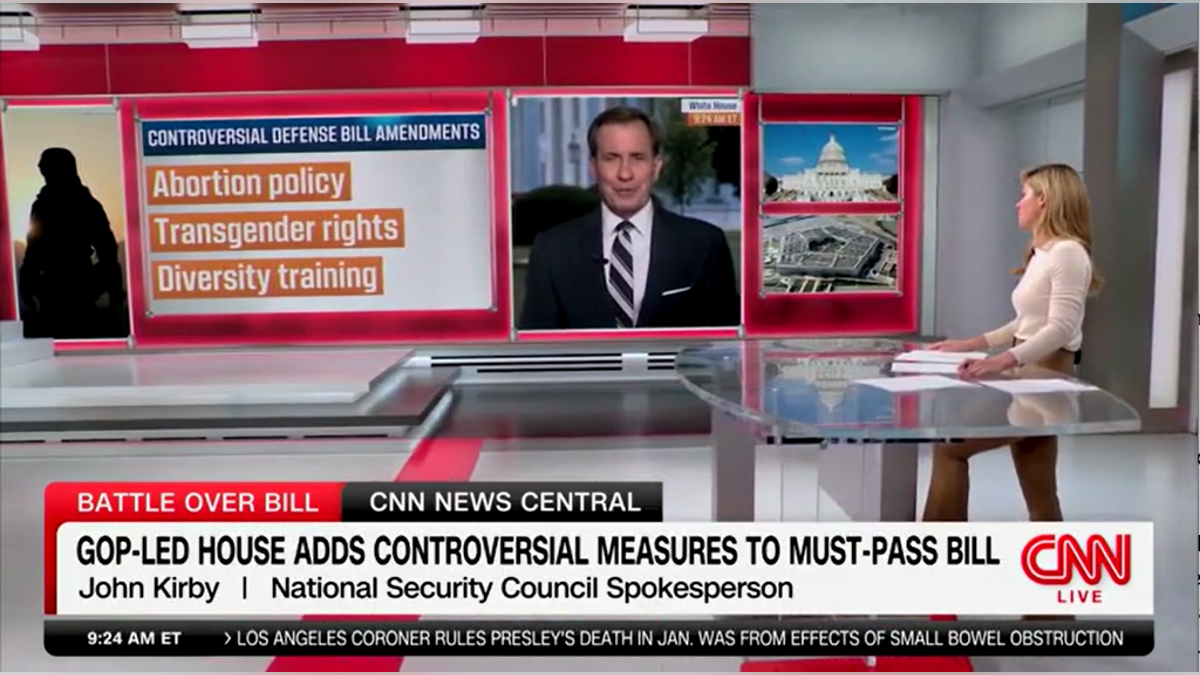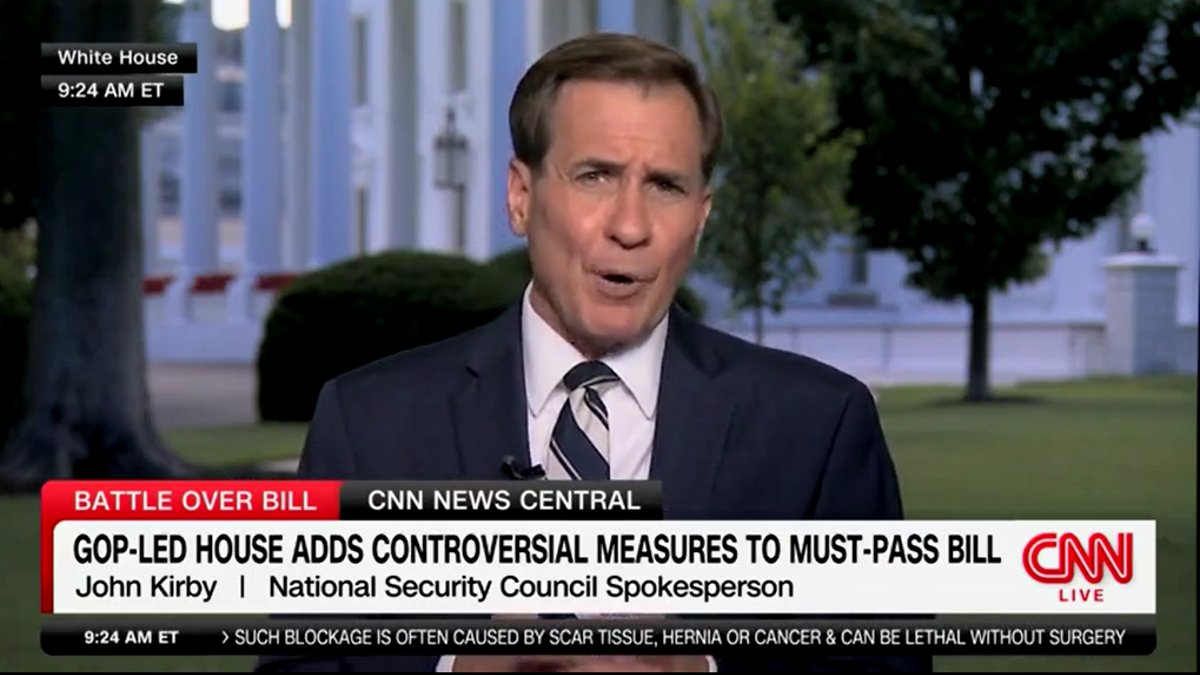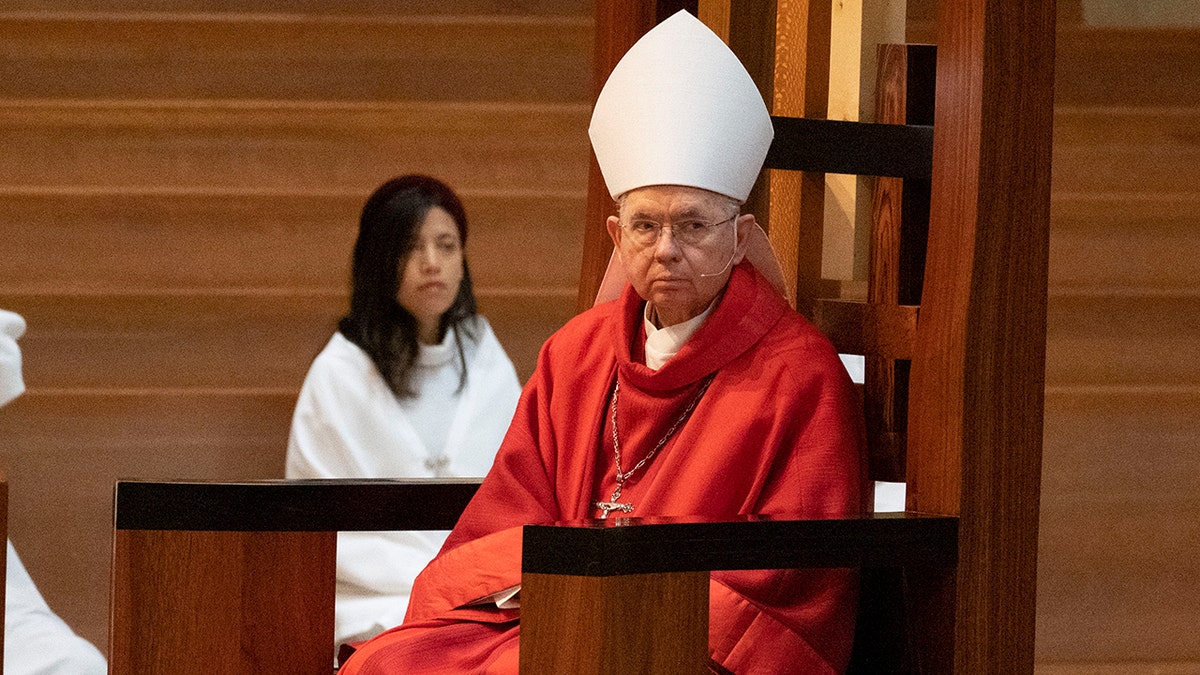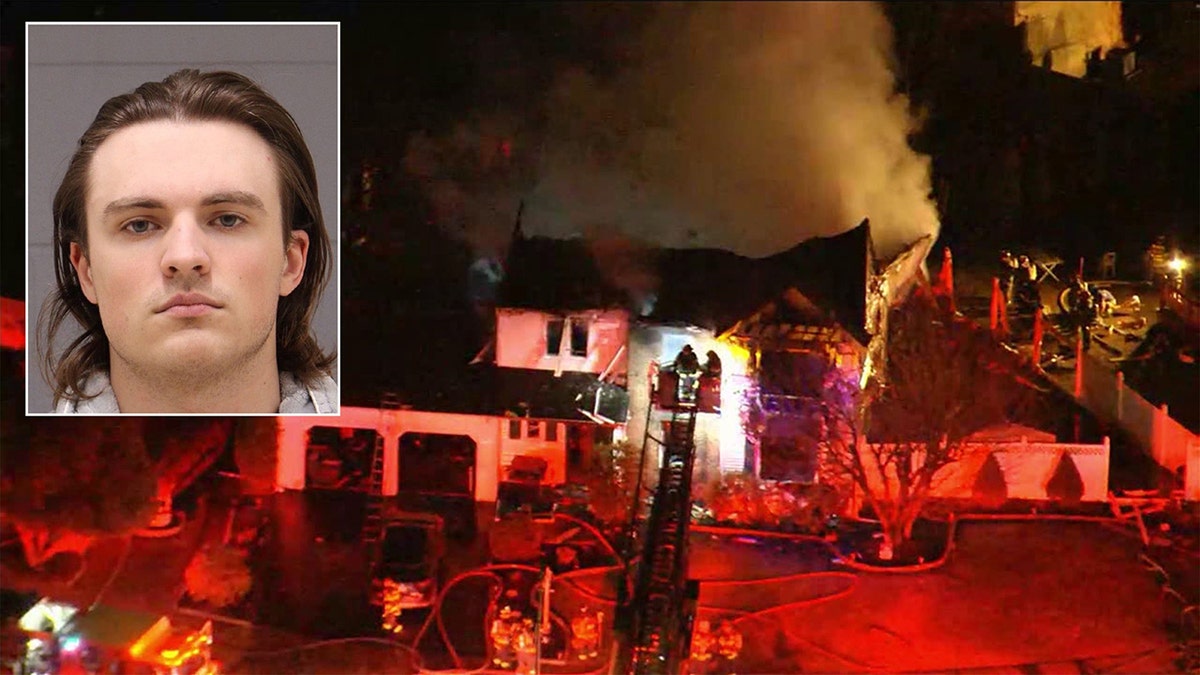The recent passage of the National Defense Authorization Act (NDAA) in the House of Representatives has sparked a debate over policies concerning diversity and inclusion within the military. While Republicans championed the bill for its efforts to roll back what they consider "woke" Pentagon policies, Democrats largely opposed it due to amendments impacting abortion access, transgender medical care, and diversity programs. National Security Council spokesman John Kirby emphasized the importance of diversity for military readiness, highlighting the diverse talent pool as a strategic advantage in the complex global security landscape. He stressed the value of varied perspectives, experiences, and skills in maintaining global leadership and national security.
During an interview with CNN, Kirby addressed concerns about a potential presidential veto, stating that he wouldn't discuss hypothetical situations. However, he expressed reservations about signing legislation that could hinder Americans from serving with dignity and receiving necessary medical and mental care, potentially impacting military readiness. Kirby underscored the president's commitment to supporting policies that strengthen the military and ensure the well-being of service members.

When questioned about specific amendments limiting transgender rights, diversity training, and reproductive rights, Kirby suggested it would be challenging for President Biden to endorse such measures. He reiterated the administration's focus on maintaining military readiness and ensuring troops are not put at greater risk. Kirby emphasized that while the president respects Congress's role in the legislative process, he will not support policies that compromise military strength or the well-being of service members.

Regarding potential trade-offs between approving pay raises and infrastructure investments while rejecting the controversial amendments, Kirby stated that Biden would not support legislation that jeopardizes military readiness. Recent scrutiny of the military for perceived far-left initiatives has led to new policies and regulations, including a ban on drag shows on military installations, which resulted in the cancellation of several Pride Month events. The debate continues as the military grapples with balancing inclusivity and traditional values.









